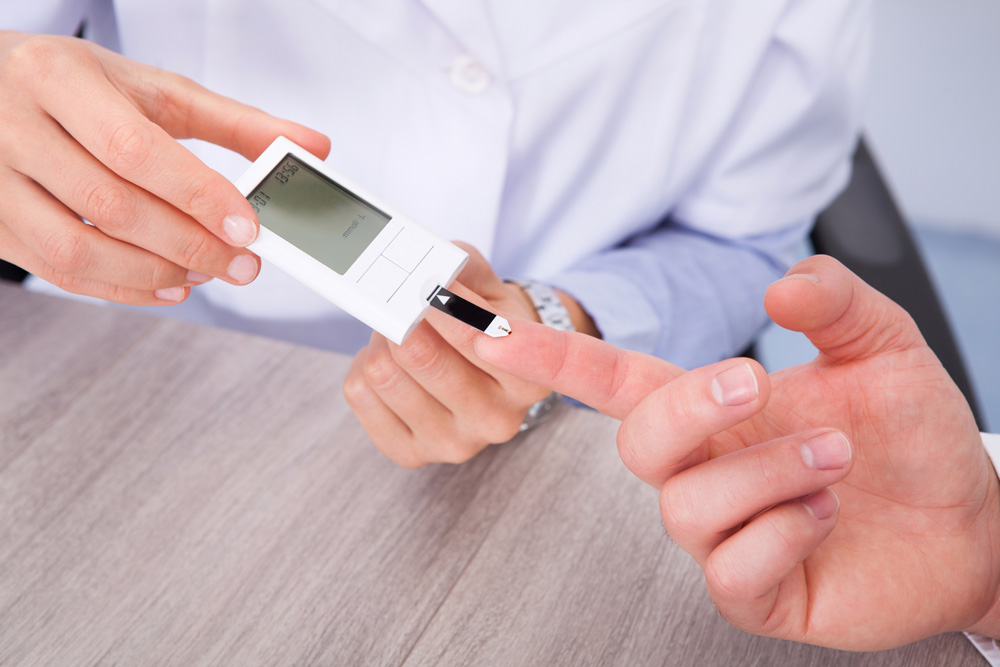4 Things You Likely Never Thought Can Raise Your Blood Sugar
Just like your blood pressure, there are various foods and other factors that can increase your blood sugar. In some instances, like in the case of dehydration, it can raise both your blood pressure and blood sugar. Raised blood sugar for prolonged periods at a time can lead to permanent damage. As such, proper diabetes care and knowing what may cause your high blood sugar are crucial.
Things You Never Knew Can Raise Blood Sugar
Aside from obvious culprits like sugar, carbs, stress, there are numerous other things that can also lead to raised blood sugar levels. It’s especially important to know which these “hidden dangers” are so that you can plan and adjust accordingly. Here are four of those less known factors that can create havoc with your blood sugar.

1. Infection
Diabetics know only too well that a simple infection can compound the symptoms of the disease and make it more challenging to maintain your blood sugar at a healthy level. The reason for this is that when you have an infection, your body releases more glucose into the bloodstream to help fight the infection.
You can think of it as your body’s way to ensure that there’s enough energy available for this fight. Individuals without diabetes don’t have to worry about this as much as their bodies simply adjust their insulin levels.
2. Travel and changes in time zone
Similarly, to changes in weather, travel is another factor that can raise blood sugar that’s easy to overlook. In fact, travel (even more so if you’ll be changing time zones) can actually have quite a huge effect on your blood sugar.
Firstly, there’s the fact that you’ll likely be sitting still for a period of time. This decrease in activity levels can increase your glucose. Combine that with the fact that we often consume more snacks and sugary drinks when traveling and the impact becomes greater.
3. Dehydration can raise blood sugar
The link between dehydration and raised blood sugar is pretty straightforward. When you’re dehydrated, your body has less water. As a result, your blood sugar becomes more concentrated.
4. Changes in the weather
Ever felt as if your blood sugar levels climb once the temperature drops? There’s a good chance that you’re not imagining it.
Your body can experience cold temperatures as a stressor. This can trigger the release of cortisol, a stress hormone. In response, the liver releases glucose which leads to raised blood sugar.
If you’ll be flying, you’ll also need to consider higher altitudes. When you’re traveling at a higher altitude, there’s a boost in stress hormones which, as mentioned earlier, can lead to an increase in glucose.
Then, there’s the possibility that you’ll lose out on sleep when you’re traveling across time zones. When you get less sleep, your body’s ability to use insulin efficiently decreases too.
Resources:
https://www.cdc.gov/diabetes/library/spotlights/blood-sugar.html
https://www.cdc.gov/diabetes/library/features/managing-diabetes-cold-weather.html
https://www.medical-air-service.com/blog/what-diabetic-patients-should-know-before-flying_8366.html
This article is for educational and informational purpose only and does not substitute for professional medical advice. For any questions about your own health condition, speak to a qualified physician or healthcare provider.







Leave A Comment